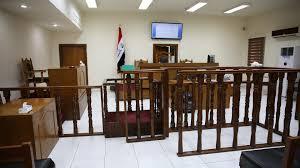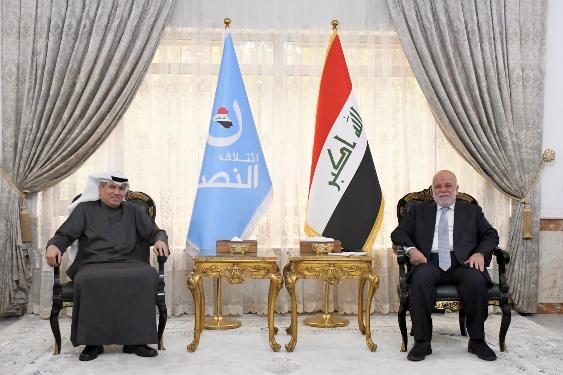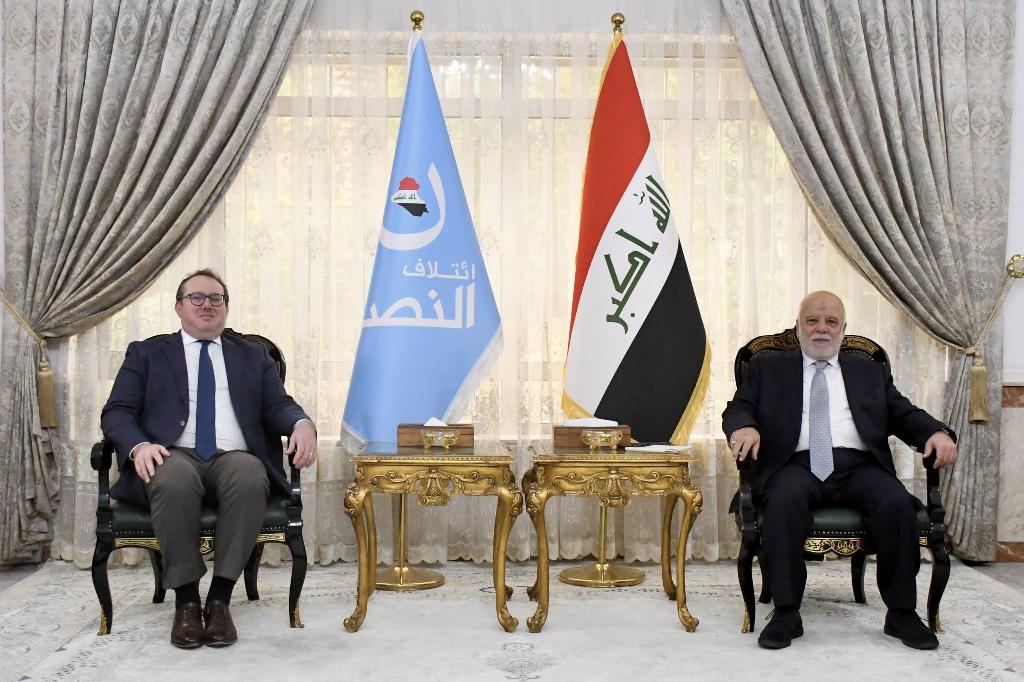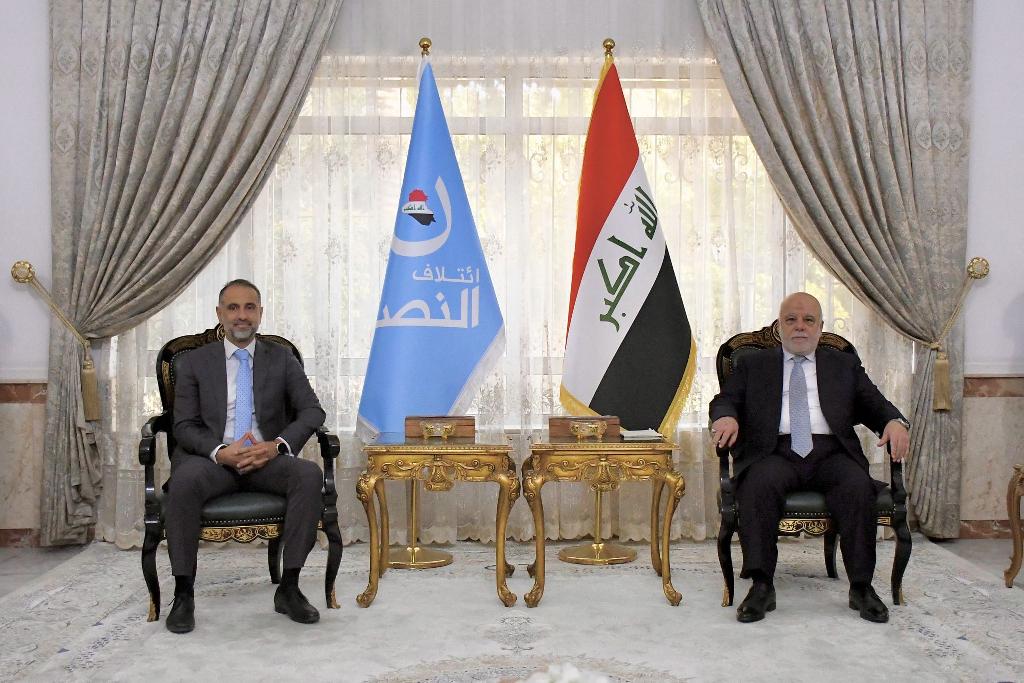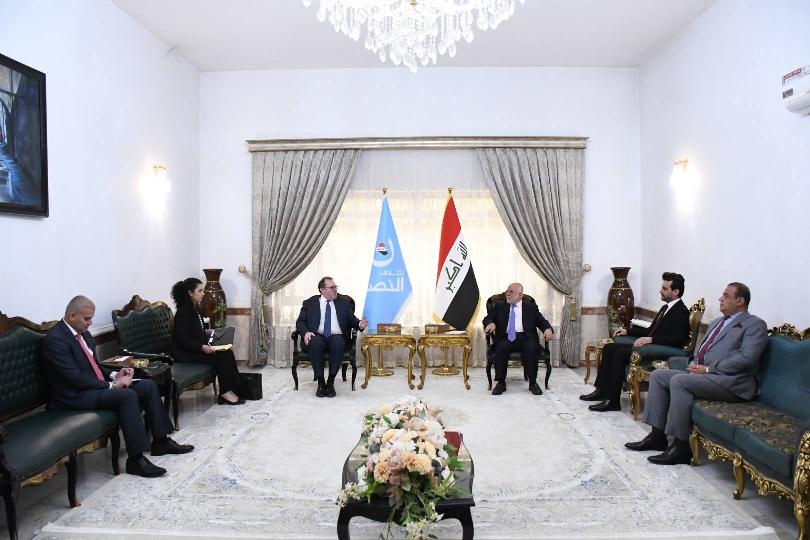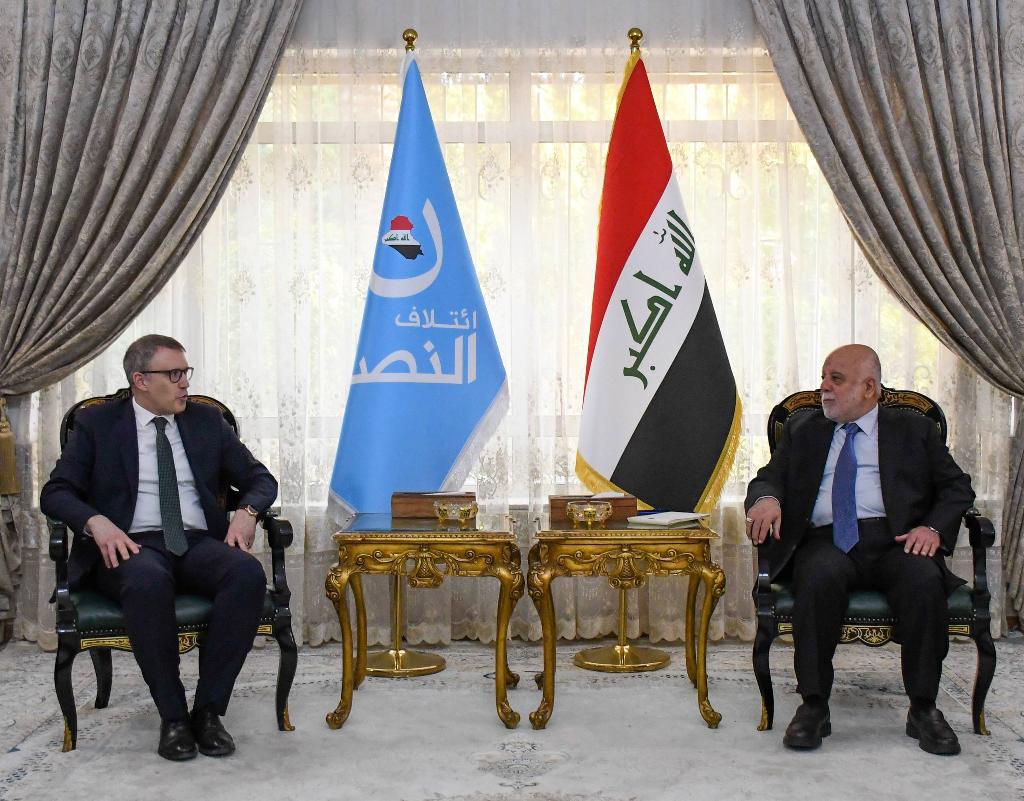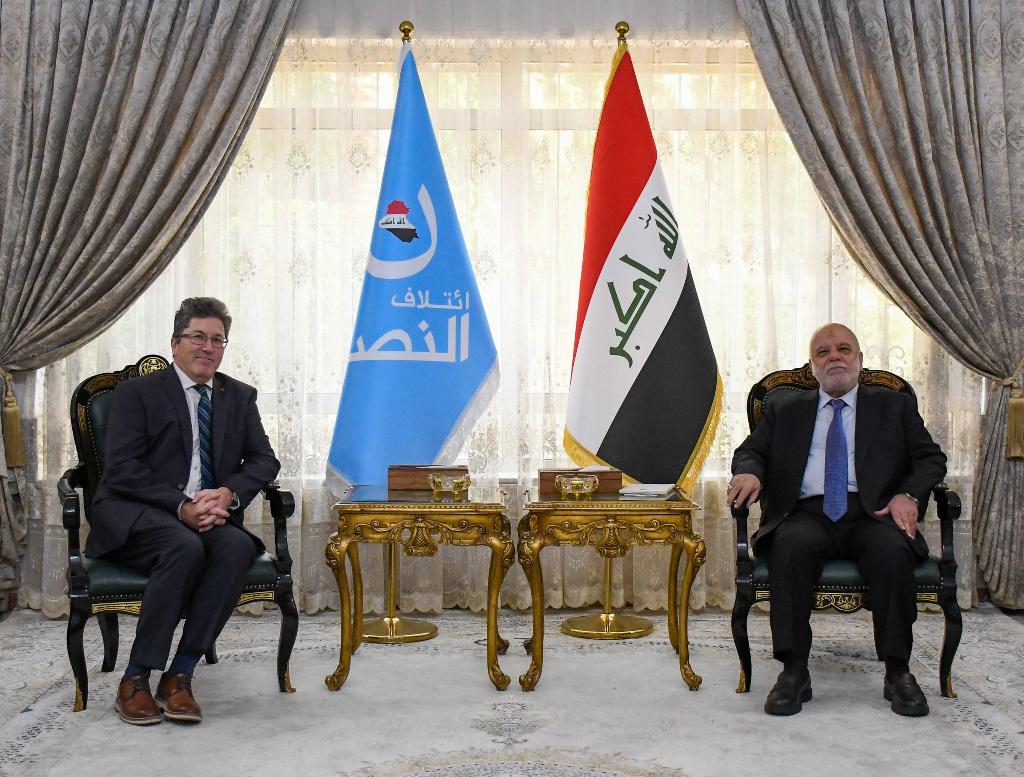Approach, Accomplishment, Time, and Indicator
It is often said that Dr. Haider al-Abadi succeeded in eliminating ISIS and restoring land and dignity. And he succeeded in rebalancing the relationship with Kurdistan Region. Sectarianism was eliminated by his national performance. And he saved the economy from collapse despite the empty treasury and the low oil prices. He secured neutrality and did not engage to the international regional axis policy, but he failed to fight waste and corruption, and did not hit with an iron hand.
Questions raised by the citizen who is demanding, monitoring and judging. The state is his state and the money is his money, and the official is nothing but an entrusted with power and wealth. However, in order to make a fair judgment, we must adopt the standards to judge the performance and evaluate the results. The standards are: Approach, Accomplishment, Time, and Indicator.
The question is: Was Abadi’s approach a corruption approach? And has he achieved any accomplishment to fight corruption?
Another question: Was Abadi's rule a relaxing period so that he can take his time to address all the state files? Or he received the debris of a country and must first liberate and re-consolidate it, and then start the reform and the correction processes? Could the size of the ruin legacies, corruption and chaos inherited by Abadi be resolved by one stroke, one command, and one procedure? Or because they were broad, complex, intertwined, and extended they needed time, patience, and wisdom in order to uproot and eradicate them?
The man spent his years moving from one operating room to another, from a military front to another, from a financial, administrative, and security meeting to another. Yet he accomplished what other governments did not in the anti-corruption field. That is what was stated in the International Transparency Organization indicators, which confirmed that the corruption index in Iraq decreased to 17% during Abadi’s rule, and that his government regarding approach and achievements managed to reduce waste and corruption effectively, in a difficult and standard time. If it continued to rule and manage the country, it would have moved in the right direction to reduce corruption.
Despite that, it is said: What are the procedures and achievements that Abadi adopted to face corruption?
For history, here is some:
1-Stopping the export of illegal oil.
2-Recruiting international investigators to pursue the money and the property of people accused by corruption inside and outside Iraq.
3-For the first time in the history of Iraq, ministers and special grades were brought from outside Iraq to be tried.
4- Establishing the Supreme Council for Combating Corruption headed by Abadi himself.
5- Endorsing the Illegal Earning Project Act (Where did you get this from) 2016, which was not approved by the House of Representatives.
6-Legislating the Act of protecting witnesses, experts, informants and victims.
7-Exempting a number of senior employees who were referred to the judiciary.
8-Reducing spending, and refunding money.
9-Shutting the corruption outlets in customs through new procedures.
10-Reducing the salaries of current and former MPs, ministers, officials by half.
11-Reducing the number of personal securities to 90%.
12-Repealing the Acts of high pensions for officials.
13-Canceling the exceptional allocations for the Presidencies and affiliated bodies.
14-Abolishing the posts of Vice President and Prime Minister.
We also have to check out the official data of the Integrity Commission to give us reports for the years 2015 to 2018, to see the achievements made due to the actions of Abadi government and its cooperation according to anti-corruption.
Here is the official data according to the annual reports of the Integrity Commission:
2015
The total number of complaints, reports, and criminal cases reached about 20,000, of which 69% were resolved.
And those referred to the Trial Court are about 4,000 accused, of whom (18) were ministers, and alike, (32) referral decisions have been issued against them.
And (185) of those were with special grades, general managers, and alike, (326) referral decisions were issued against them.
Travel bans reached more than (334), which included (20) ministers and alike, (314) were with special grades, general managers and alike.
The sum of the recovered public funds, which orders were issued to refund them and stop wasting them, reached about one trillion and 170 billion dinars.
2016
The total number of complaints reached more than 18,000, of which about 77% of them have been deducted.
The arrest warrants reached more than 3,000, of which 26% were executed.
The number of convictions that acquired the decisive grade reached (355) orders, (4) of them were issued against two ministers and (18) against (18) of those with special grades and general managers.
While the total recovered public funds were about 600 billion dinars.
2017
The total number of complaints reached more than 20,000, of which over 77% were completed.
The number of travel ban decisions reached more than (300). About (300) seizures were carried out.
The number of accused persons with flagrante delicto reached about (500).
And the number of criminal cases referred to the Misdemeanor and Criminal Court reached more than 2,400 cases, including nearly 4,000 referral decisions, including more than 3,000 accused, of whom (18) were ministers and alike, and (176) of special grades and general managers.
While the total public funds which are recovered and prevented from wasting reached more than one trillion and 300 billion dinars.
During the first six months of 2018
The total number of complaints reached more than 1,300 reports with 96% completion rates, and the reports number were over 1,900 reports with 62.4% completion rates.
The number of criminal cases reached more than 4,500 cases with completion rates of less than 62%.
The number of judicial recruitment orders reached nearly 3,000 against more than 3,000 accused, including (10) ministers and alike, and (171) with special grades, with a completion rate of 76%.
The number of arrest warrants reached more than 1,000 orders with a completion rate of 57%. The number of judicial arrest warrants reached more than (700) orders, which (10) of them were issued against (7) accused with special grades.
The number of travel bans outside Iraq issued by the Judiciary reached about (100), including (3) for a minister and alike, and (10) for special grades.
The seizures of bribes, embezzlement, and forgery amounted to more than (200) seizures.
The number of criminal cases reached more than 1,000 cases.
The number of files for the extradition of the wanted fugitives was about (150), and the number of files for recovering smuggled money was (40) files.
The total of the recovered public funds amounted to more than (380) billion Iraqi dinars.
This is not a defense for Abadi, but an evaluation of his rule, as he was the best and most effective person with the methodology, plans, and procedures for combating waste and corruption.
He was seeking to complete the state building after the liberation and the unification in order to dismantle the widespread corruption systems as a culture, protected by the quota system and political service.


